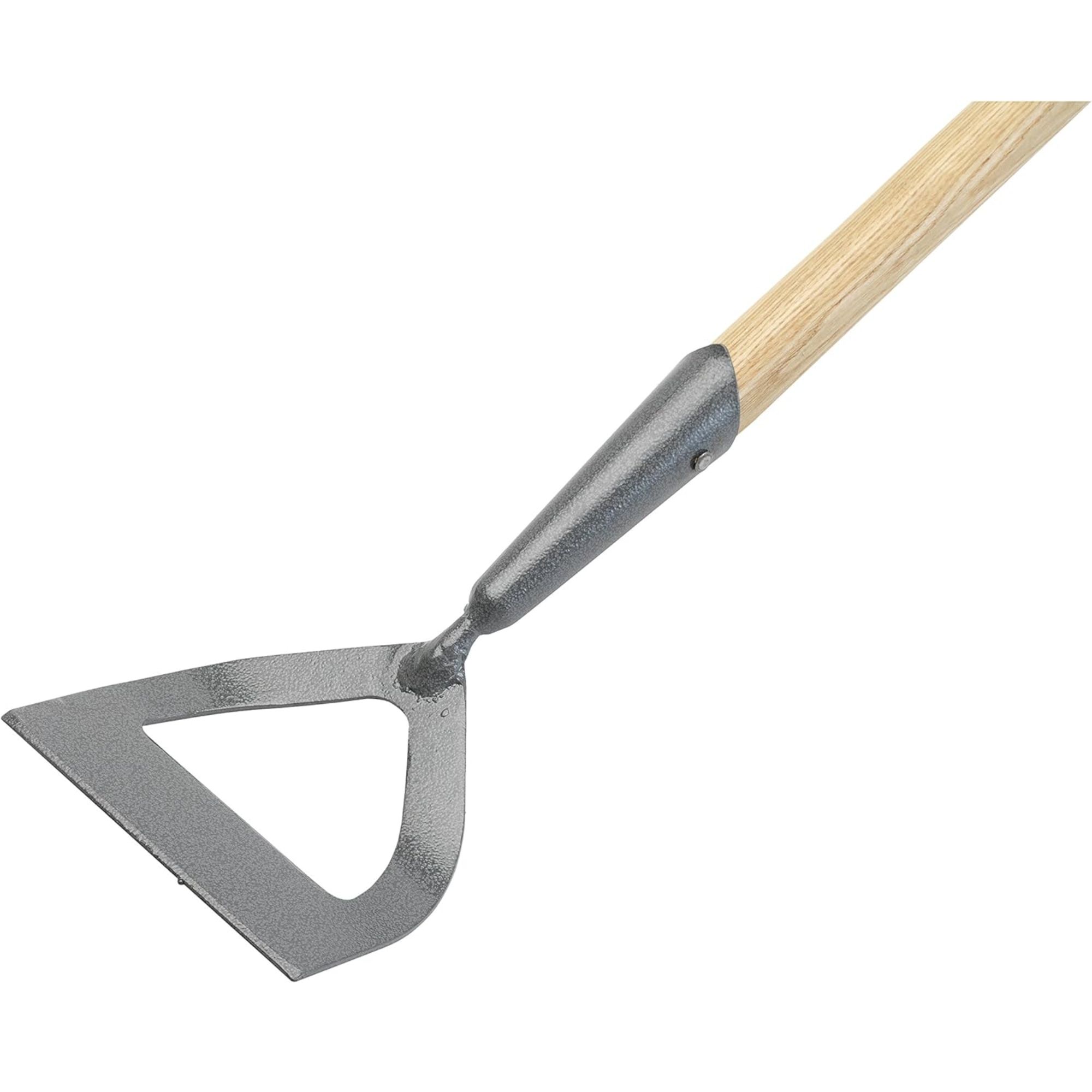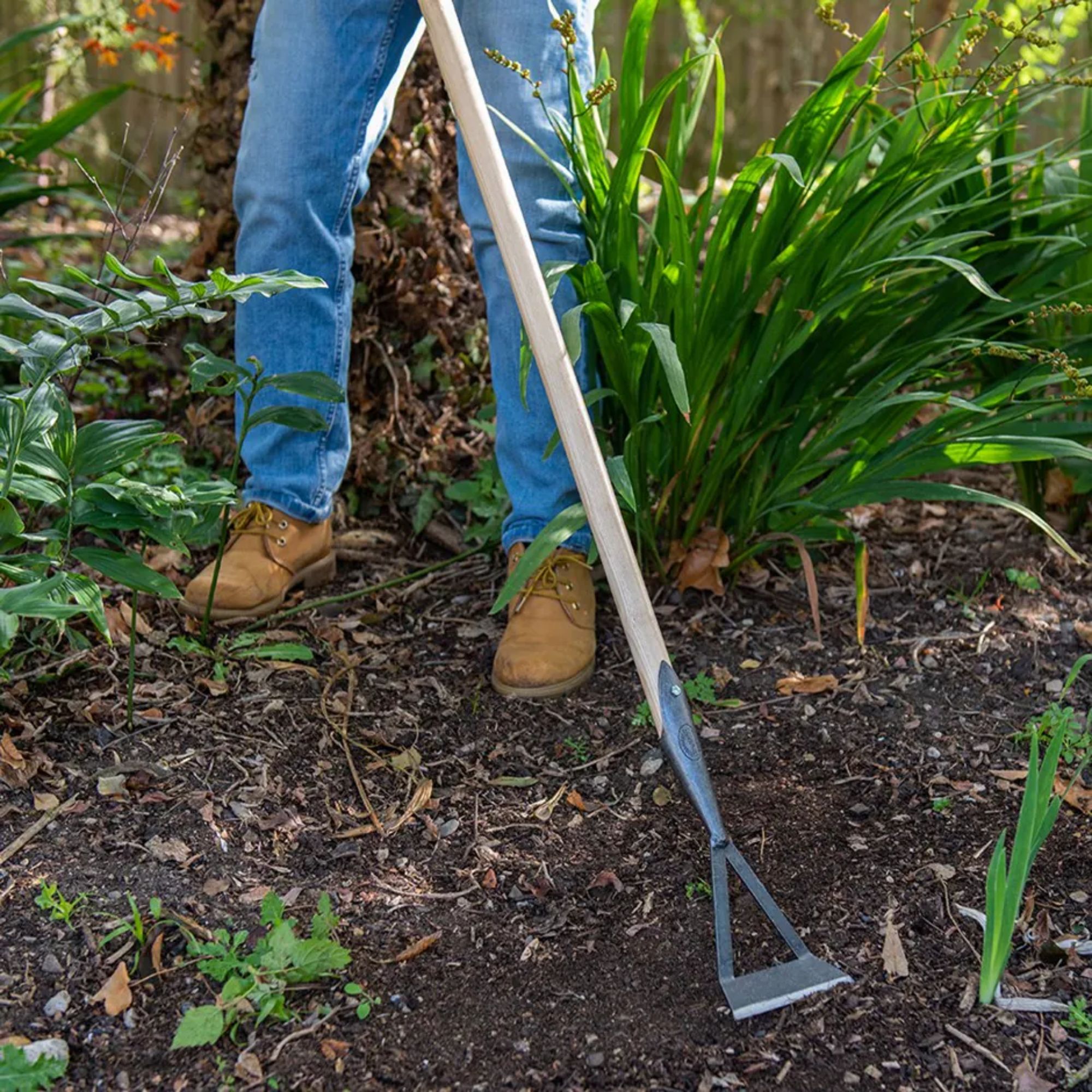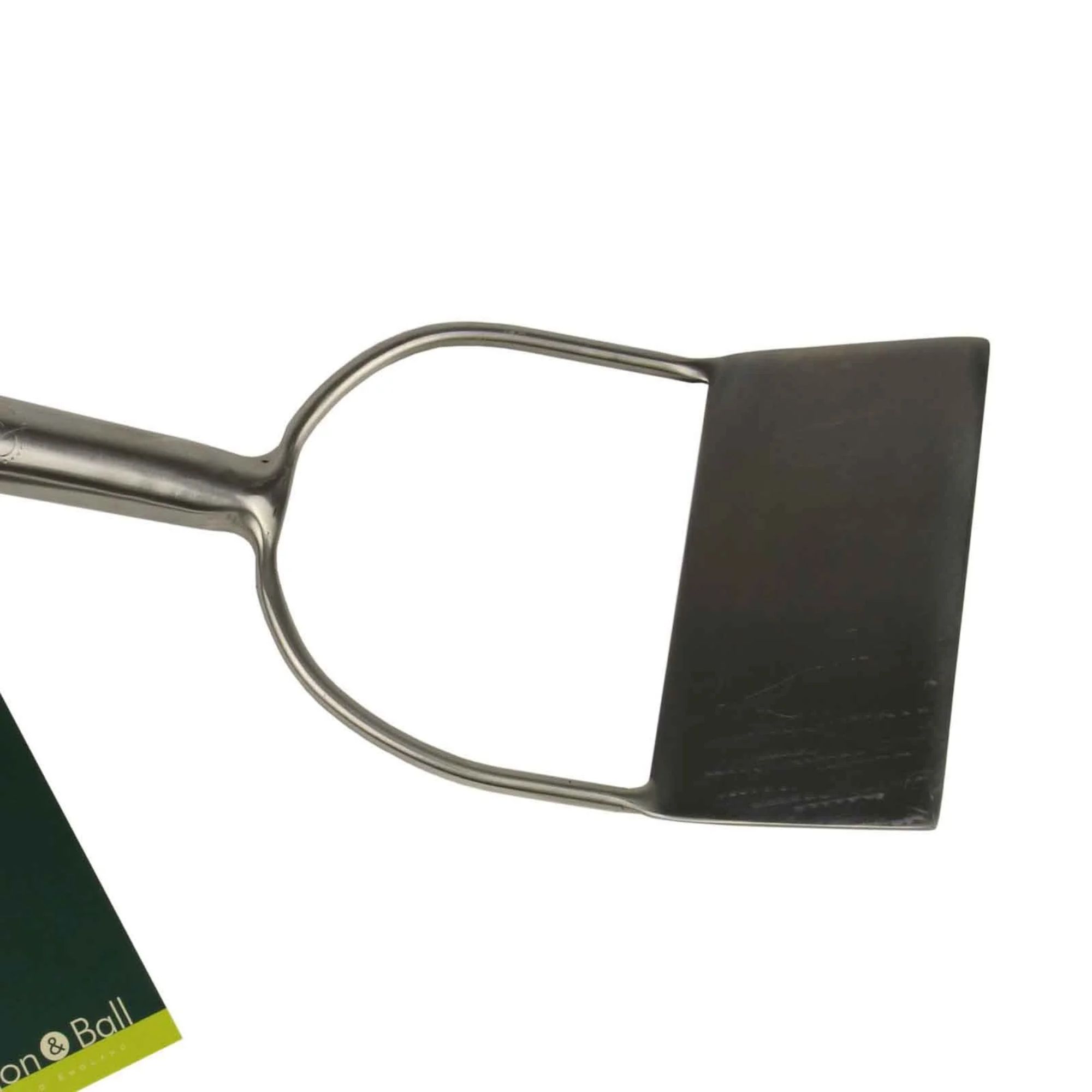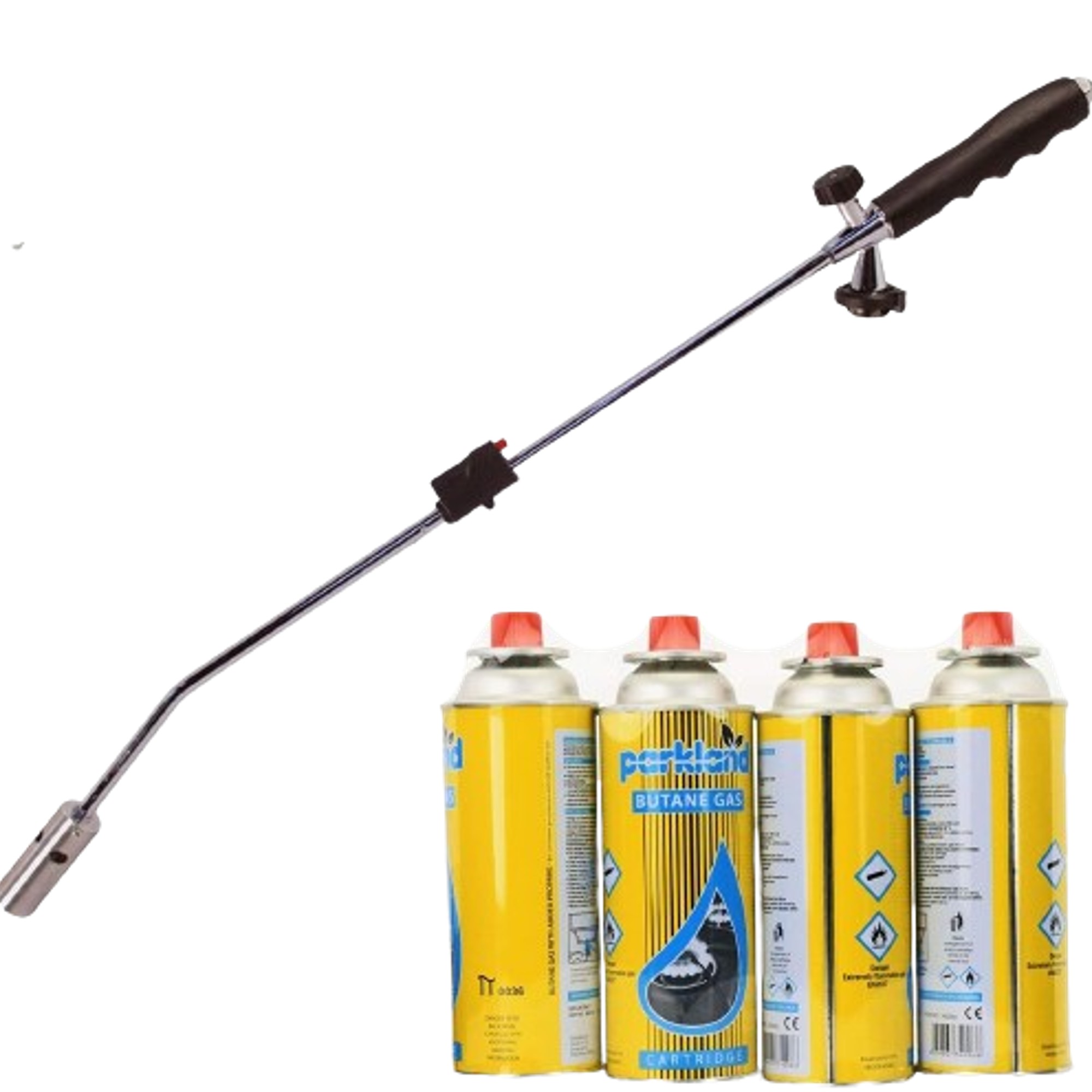How to get rid of weeds naturally – 6 ways to banish weeds from your garden without resorting to chemicals
That's right: weeds can be controlled without resorting to weedkillers or chemicals (which is great news for your garden)
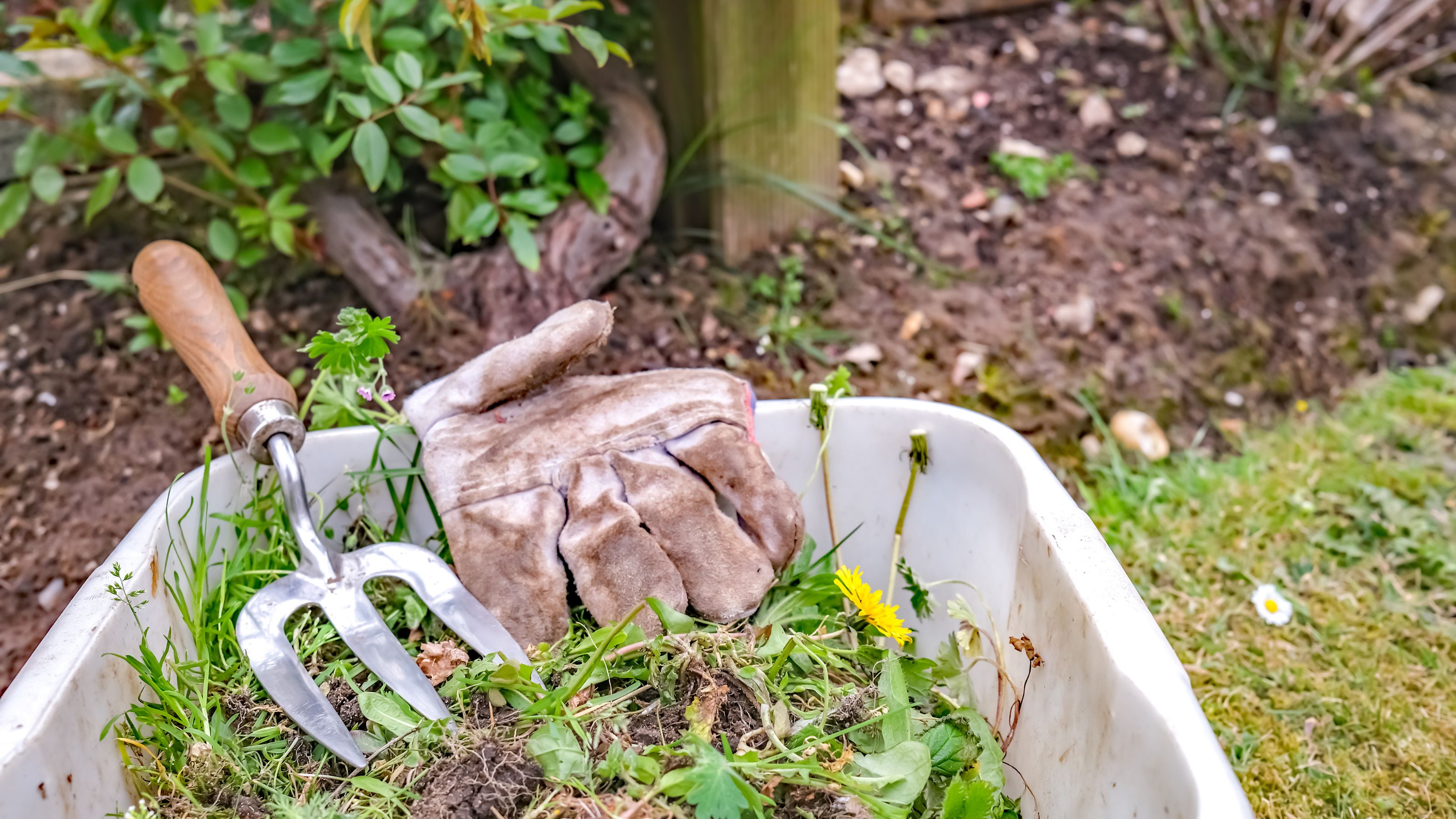

Cecelia Ahern may believe that a weed is just a flower growing in the wrong place, but most gardeners prefer to banish these pesky plants from their gardens. Thankfully, it's easy to learn how to get rid of weeds naturally – so long as you're prepared to put the work in.
That's right: you don't need to pay for expensive weedkillers and chemicals to kill weeds. In fact, many experts would actively advise you not to, especially if you don't want to damage your vegetable garden or flower bed ideas, as well as any wildlife garden ideas you've set up.
'There are many products available claiming to get rid of weeds but unfortunately, most of those won’t be good for the environment and are indiscriminate with what they kill,' explains Morris Hankinson, director of Hopes Grove Nurseries.

Morris Hankinson is the founder and managing director of Hopes Grove Nurseries Ltd, the UK’s only specialist grower-retailer of hedging plants. He established the thriving business in 1992, shortly after graduating with a Commercial Horticulture Degree from Writtle College, Essex.
How to get rid of weeds naturally
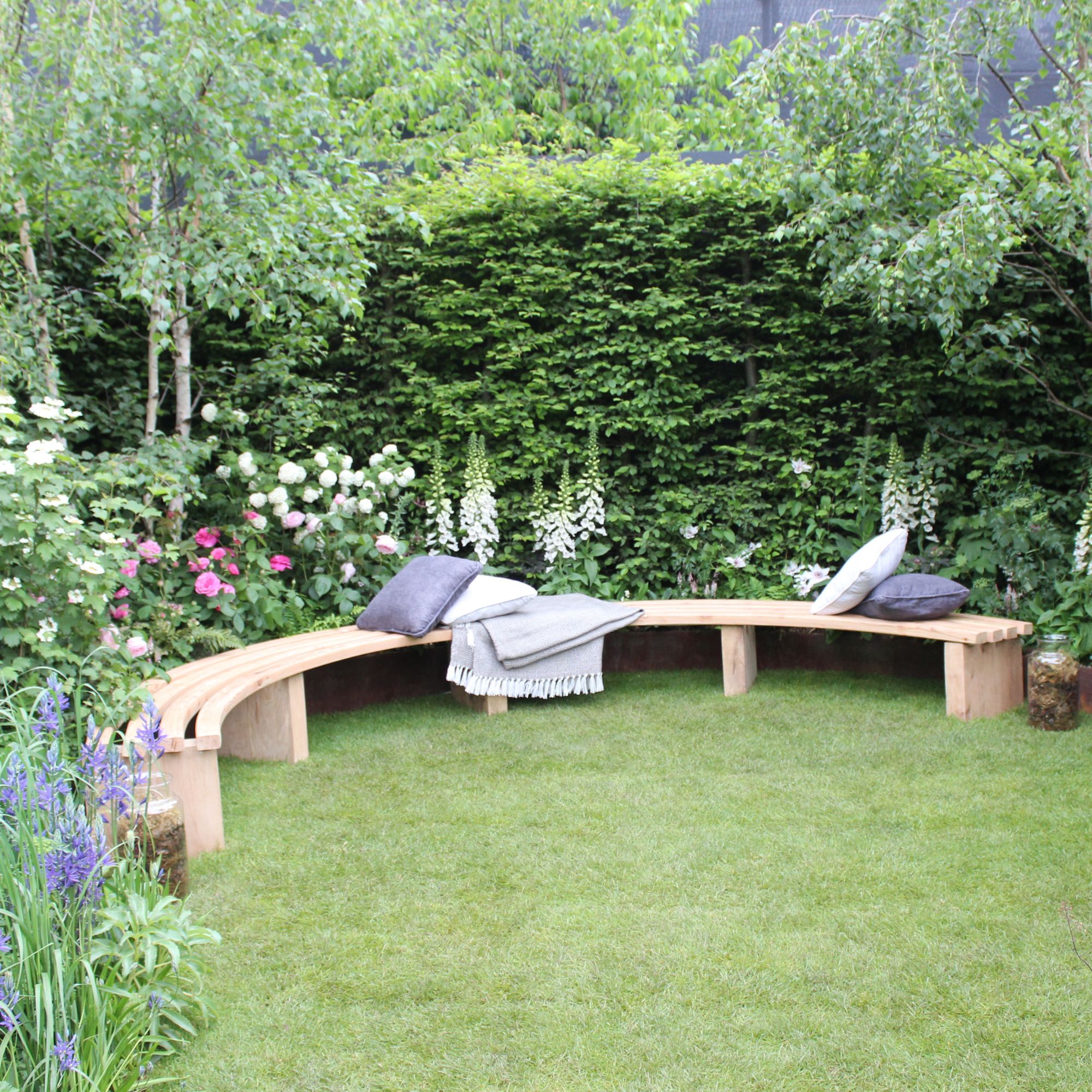
Thankfully, there are more than a few ways to control weeds naturally.
'If you can find a way to keep weeds at bay without turning to chemicals, this will ensure the environment is protected, the soil is safe and weeds are still removed,' promises Morris.
With that in mind, then...
1. Use cardboard
That's right: you can put that stash of empty Amazon boxes to work for you, as experts say you can absolutely use cardboard to get rid of weeds.
'You can use cardboard or any other natural material to lay over the weeds,' explains Morris, who notes that 'weeds cannot grow without any light, so by covering them up this can make a huge difference'.
Get the Ideal Home Newsletter
Sign up to our newsletter for style and decor inspiration, house makeovers, project advice and more.
'In a few months, you can lift the cover and weed out anything left behind, including all of the roots. Some perennial weeds may still creep up through the cover, such as Dock and Bindweed, but these can then be removed by hand.'
2. Get hoeing
Any gardener worth their salt will tell you that a common garden hoe is the best way to help you get rid of weeds naturally.
'All you have to do is take your hoe and run it over the soil – whether that's a raised garden bed or throughout your garden borders – to kill most weeds,' says Christopher O'Donoghue, one of the co-directors at Gardens Revived.

A gardener with over a decade of experience under his belt, Christopher set up Gardens Revived with his brother, Andrew, in 2018 to create a thriving family business. Together, they have worked on residential gardens, listed buildings and gardens, flower shows and large estates with some exceeding 70 acres – many with historical significance.
If you want to maximise the effect of this method, the plant boffins at the Royal Horticultural Society (RHS) advise that you set to work with your hoe on 'a dry day with a light wind, so that the seedlings will dry out on the surface of the bed rather than re-rooting into moist soil'.
3. Try a flame gun
Have you heard of flame weeding? Another natural way to get rid of weeds, it basically demands that you use a flame (or even a burst of very hot air) over your garden weeds, resulting in... well, no more weeds, basically.
'It's perfectly safe, so long as you follow all of the instructions on your flame gun and wear the correct equipment,' says Christopher, who advises you use this method to target those pesky weeds growing between paving slabs and on your driveway.
To reduce the risk of fire spreading, Shropshire Fire & Rescue Service add that you should 'use a garden hose or watering can to damp down areas recently treated', especially during hot weather.
'[Please also] ensure that thorough cooling of the burner has occurred before putting it away,' they state firmly.
4. Opt for the No Dig approach

No Dig May is well and truly upon us, which means green fingered types everywhere are being urged not to dig in their gardens at all. Thankfully, though, there is a way to turn this deliciously lazy gardening technique into a natural way of banishing weeds from your garden.
'You can cut back the weeds, cover them with a thick layer of cardboard, and apply a 10cm layer of mulch on top – or any well rotted organic matter,' says Morris.
'This is the No Dig approach, which helps the soil and saves your back from digging.'
5. Try hand-weeding
If you're looking to get rid of weeds naturally, Morris says that it having the right tools and spending some time weeding can pay dividends in the garden'.
'More tenacious perennial weeds can be pulled up by hand or dug up from the ground, and if you have something with very deep roots, try using a long handled weed puller from Amazon,' he continues.
'This means you won’t need to bend down and the weed can be removed by inserting the puller or twister over the weed and pulling it out.'
A weed knife, such as the Spear & Jackson Traditional Stainless Planting & Weeding Knife from Homebase, is also a great way to remove weeds from between paving slabs and your garden path.
6. Plant some ground cover
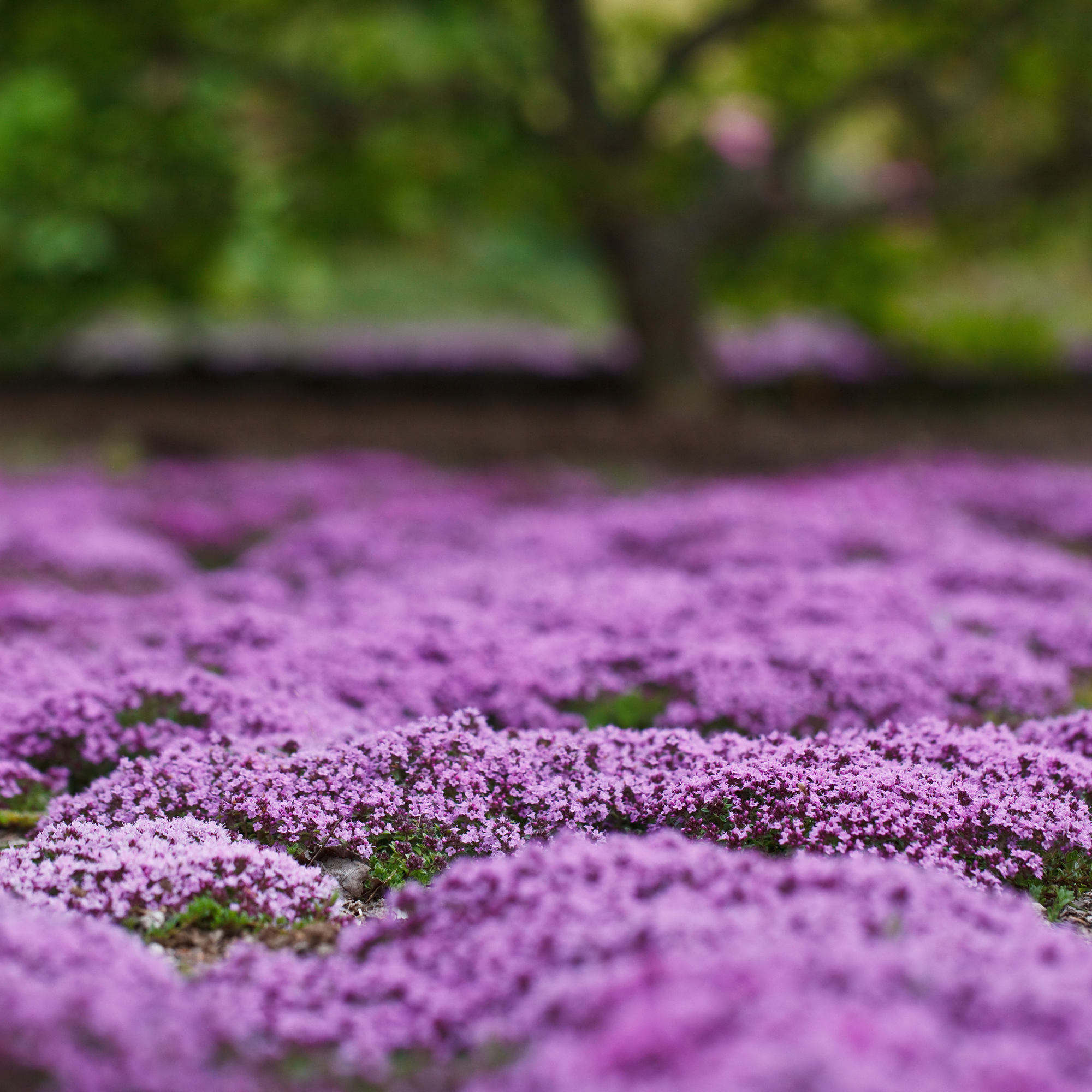
Wondering if ground cover plants will stop weeds growing in your garden? The answer is a resounding yes!
'If you are looking to beautify some bare patches in your garden, there are plenty of stunning ground cover plants that will serve to do exactly this – all while suppressing and controlling the growth of weeds,' says Christopher.
You could try any of the following options:

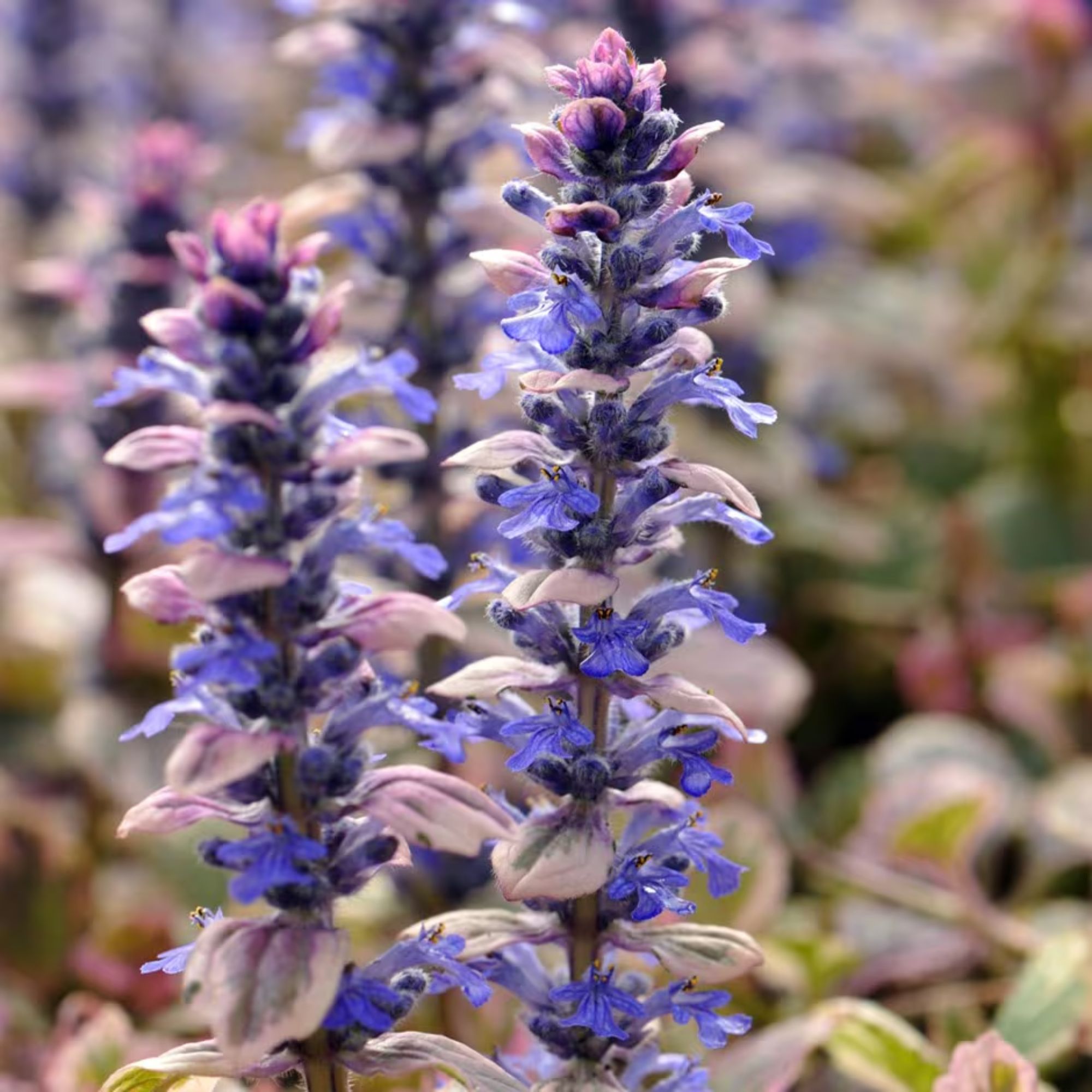

FAQs
What is the best home remedy for weeds?
While some people might insist they have the ultimate home remedy for weeds – whether that be a solution of vinegar, salt and dish soap, or a hearty sprinkling of rock salt – your best bet is to swerve these and instead focus on using more traditional methods.
From mulching to weed suppressant fabrics, ground cover plants to garden tools, control measures such as these are likely to be far more effective as a whole. And, generally, far less damaging to your garden (rock salt, for example, will stop anything from growing in a space for a long time).
How to permanently stop weeds from growing?
It is unlikely you will be able to stop weeds from growing on a permanent basis, although repeatedly smothering or removing weeds from your garden will likely slow their growth over time.
'This is not a one-off garden task,' insists the RHS.
It's also worth noting that times are changing, and experts say there are plenty of weeds to leave in your garden, such as dandelions and clover, as they benefit both the bees and the soil, too!
Now that you know how to get rid of weeds naturally, you can stop spending a fortune on chemicals and herbicides, and instead save your pennies for all the beautiful plants you want to fill your garden with.
Oh sure, it may mean you have to put the work in over the spring and summer months (which is when weeds are most troublesome), but we promise your garden will repay your efforts in time.

Kayleigh Dray became Ideal Home’s Acting Content Editor in the spring of 2023, and is very excited to get to work. She joins the team after a decade-long career working as a journalist and editor across a number of leading lifestyle brands, both in-house and as a freelancer.
-
 I finally got my hands on the sellout Morris & Co armchair from Habitat, and it looks even better in person
I finally got my hands on the sellout Morris & Co armchair from Habitat, and it looks even better in personIt's back in stock, and well worth the wait
By Rebecca Knight
-
 How to stratify seeds – gardening pros swear by this secret to a thriving garden
How to stratify seeds – gardening pros swear by this secret to a thriving gardenThis little-known secret is a must for a lush garden this year
By Kayleigh Dray
-
 Cinema sofas are this year's breakout furniture trend, but are you a fan of this controversial sofa style?
Cinema sofas are this year's breakout furniture trend, but are you a fan of this controversial sofa style?Let us know in the comments
By Rebecca Knight
